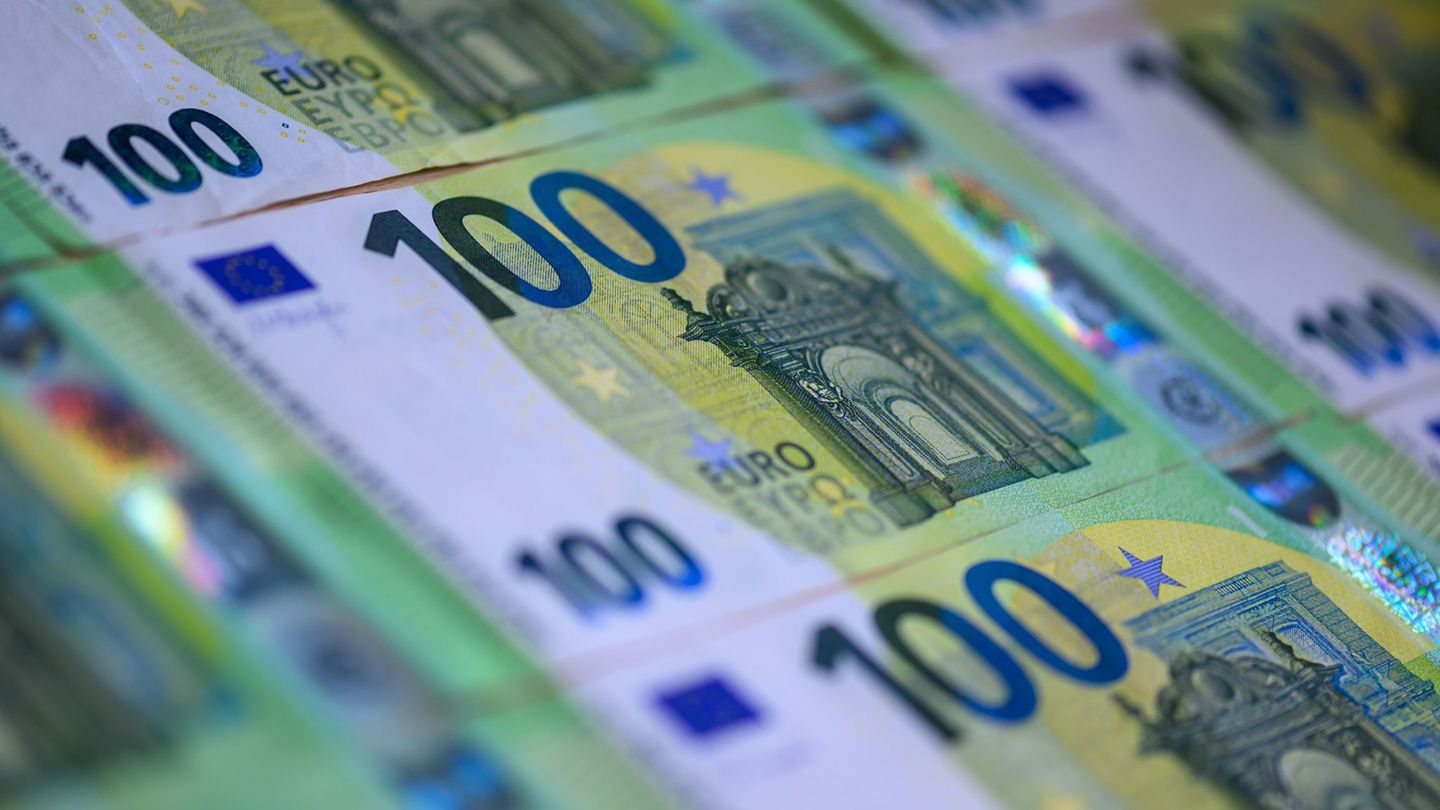Menu
Allianz evaluation: Households as rich as ever – but wealth but unevenly distributed
Categories
Most Read
Industrialists warn that the fall in activity and high rates complicate the economic transition
October 15, 2025
No Comments
In terms of competitiveness, Argentina starts at a disadvantage
October 15, 2025
No Comments
Shein’s secrets to save hundreds of dollars on your purchases
October 15, 2025
No Comments
the ticket will rise 4.1% in November, while the Government accelerates adjustment on subsidies
October 15, 2025
No Comments
Latest Posts

While Milei waits for an announcement, Donald Trump opens negotiations with Lula da Silva over tariffs on Brazil
October 16, 2025
No Comments
While the government of Javier Milei looking forward to an official announcement USA about a trade agreement, the Brazilian president, Luiz Inácio Lula da Silvareported

Autobiography: Britney Spears’ ex-husband raises alarm in memoir
October 16, 2025
No Comments
Lisa HarrisI am an author and journalist who has worked in the entertainment industry for over a decade. I currently work as a news editor

Forget about boring exercises: effective and dynamic training for older adults
October 16, 2025
No Comments
October 15, 2025 – 9:30 p.m. A fun and recreational activity that also serves to work all the muscles of the body at the same
24 Hours Worlds is a comprehensive source of instant world current affairs, offering up-to-the-minute coverage of breaking news and events from around the globe. With a team of experienced journalists and experts on hand 24/7.

